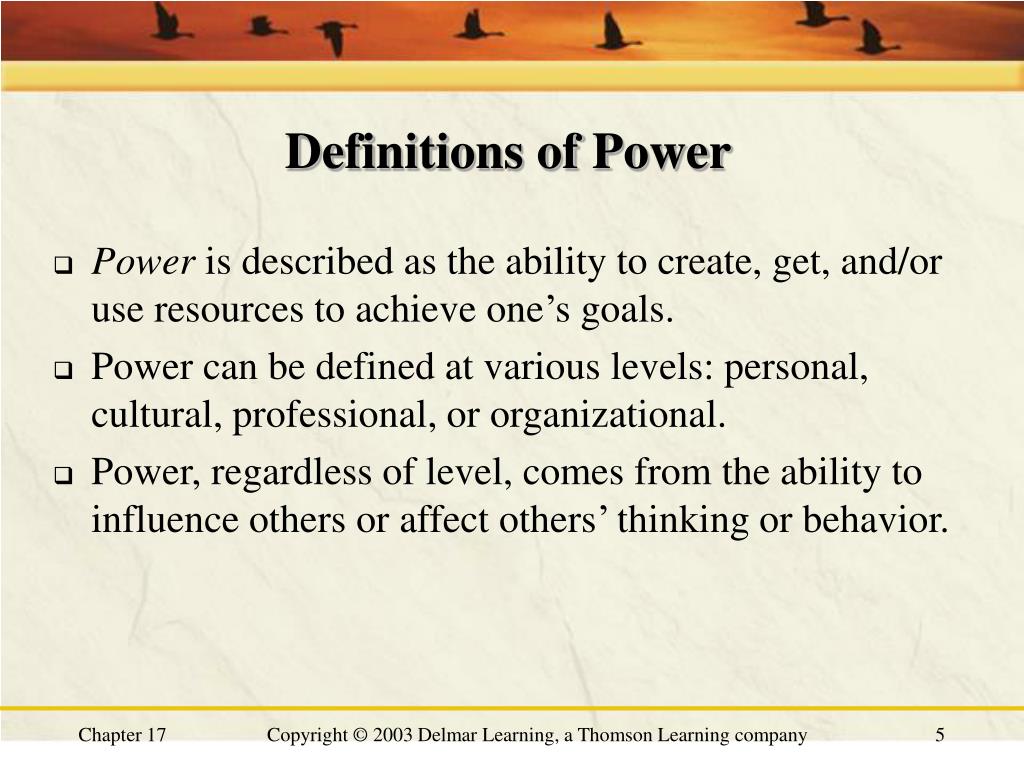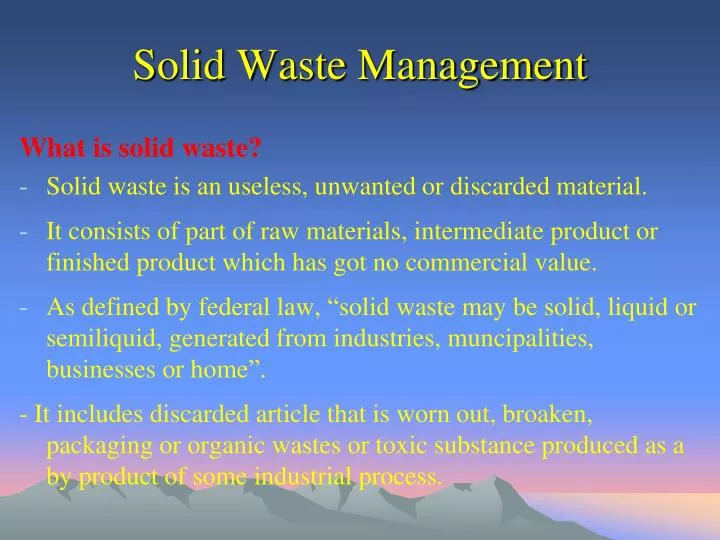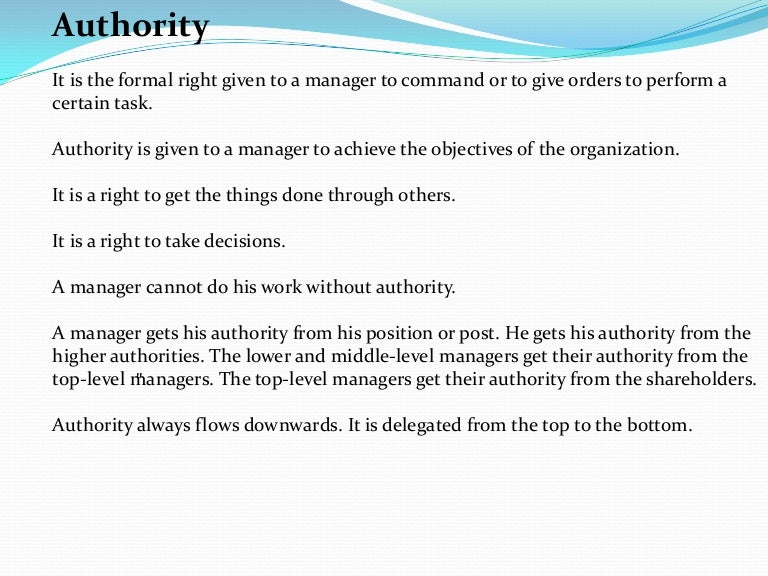It is a situation whereby an individual possesses the capacity or financial capability to reward or recognize another for compliance. Formal power, defined by a person’s position within an organization.

Employee Retention Process Good Ppt Example PowerPoint Presentation
It is needed even to run the most trivial functions of an organization or project.

Define power in management. There are five basic kinds of power: The 5 types of power. Structural factors that define the stage of action.
Power is defined as the ability of an individual to influence others. The employees as well as the outsiders of the organization like customers can also influence the attitudes. The 5 bases of power are split into two categories.
The six types of leadership power. Power is a natural process in the fabric of organizational life (haugaard & clegg, 2012; Before discussing the sources of power in an organization, let’s discuss the power.
1822, in the meaning defined at sense 1. In computing this is known as pc power management and is built around a standard called acpi, this supersedes apm. Information and translations of power management in the most comprehensive dictionary definitions resource on the web.
An effective manager must know how to form and lead successful teams and know how to galvanize team members around a cause. The duration of this power is short lived as a person can use it only till the time he/she holds that position, as well as, the scope of the power is small as it is strictly defined by the position held. The 'stage of action' in organizations is set up by the organizational purpose, vision, mission, strategy and other high.
How to use power in a sentence. When we think of all the project. All recent computers have acpi support.
History and etymology for power. (1) referent, (2) expert, (3) legitimate, (4) reward, and (5) coercive. In the social sense, power is the ability to get others to do the work (or actions) you want regardless of their desires.
Other than directing employees, managers control budgets and the assets and other resources that the firm holds, from technology to people. Power management is a computing device feature that allows users to control the amount of electrical power consumed by an underlying device, with minimal impact on performance. Given that, you need to understand how power is
13th century, in the meaning defined at sense 1a(1) verb. Getting things done requires power (pfeffer, 2003). Thus, power is a prerequisite for success, irrespective of people’s inner needs for power (lawrence and lorsch 1967).while organizational power can keep an organization in check and even spur it to growth and fame, it is equally effective in destroying.
Power is an interpersonal relationship in which one person or group has the ability to cause another person or group to take an action that it would not have taken otherwise. Driving cultural change and organizational transformation is now a priority for. In addition to the tasks of organization and delegation, motivation includes having the skills to handle different types of personalities in a team.
Explore the three types of positional power, including legitimate, reward, and. Psychological punishments include criticism, avoidance, disapproval, satirical remarks to the subordinate. Power, in the engineering sense, is defined as the ability to do work.
It enables the switching of devices in various power modes, each with different power usage characteristics related to device performance. Every day, managers in public and private organizations acquire and use power to accomplish organizational goals. It is the ability to threaten or punish.
Coercive power is conveyed through fear of losing one’s job, being demoted, receiving a poor performance. The reason for learning about the 5 types of power is so that we can learn the situations when it is appropriate to use a particular type of power, thus making us more effective managers and leaders. The meaning of power is ability to act or produce an effect.
Positional power is a type of power managers acquire due to their position within the organization. (2) “authority is the power to command, to act or not to act in a manner deemed by the possessor of the authority to further enterprise or departmental performance”. This power comes from authority.
Project & change management process, techniques, roles and responsibilities Power (and politics) is probably the most important topic in project management but at the same time one of the least discussed subjects. (1) “authority is the right to give order and the power to exact obedience”.
Power is a universal constant: Power is not limited to only managers in the organization. Reward power has widespread application in today’s business environment because it can serve as a.
Information and translations of manpower management in the most comprehensive dictionary definitions resource on the web. 1540, in the meaning defined at transitive sense 1. The 5 types of power in leadership channeling power into progress.
Expert power is power based upon employees' perception that a manager or some other member of an organization has a high level of knowledge or a specialized set of. Definitions for power management power man·age·ment here are all the possible meanings and translations of the word power management. Reward power is one of the weakest forms of power.
The leader can give tangible punishments like dismissal, demotion, low rating etc.
:max_bytes(150000):strip_icc()/organizational-skills-list-2063762-v5-5b749e9546e0fb00254cc426.png)
Top Organizational Skills Employers Value with Examples

PPT Nursing Leadership & Management PowerPoint Presentation, free

PPT Solid Waste Management PowerPoint Presentation, free download

HealthandBudgetsModule6BudgetProcessDiagramPowerpoint
